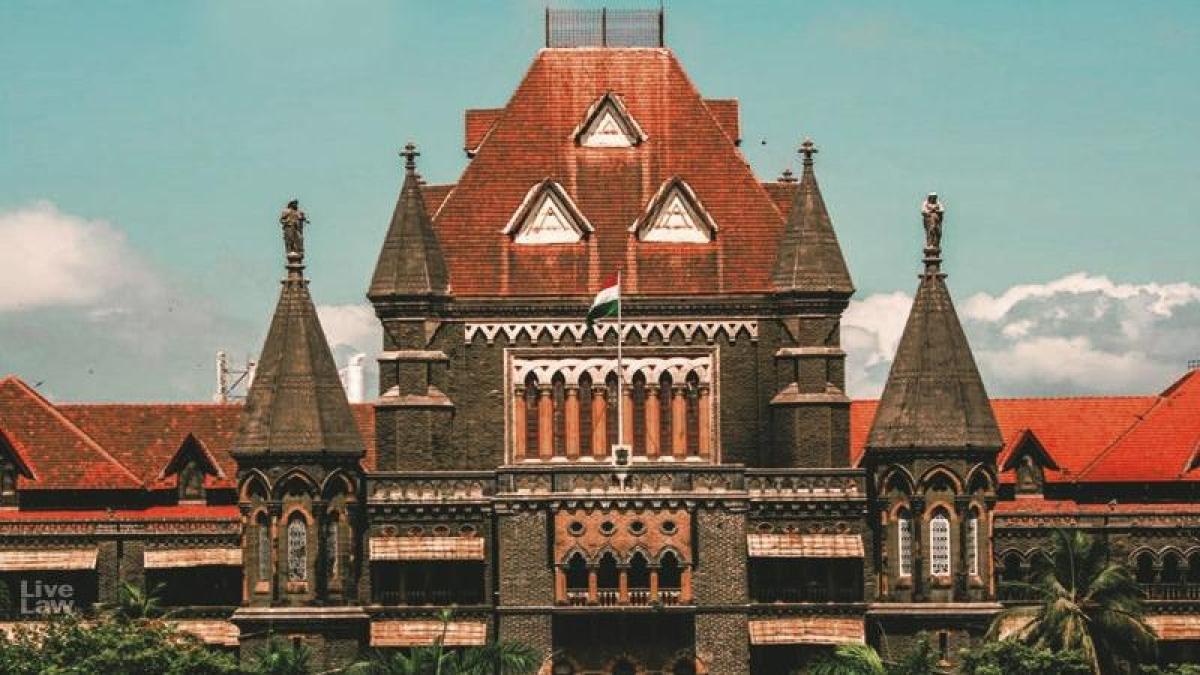The Bombay High Court in the case Hemant Dinkar Kandlur Versus Commissioner of Income Tax observed and has held that the amendment restricting investment in house property in India has retrospective applicability. The bench comprising of Justice K. R. Shriram and Justice N. K. Gokhale in the case observed and has stated that the language a stated under Section 54(F) of the Act before its amendment was that the assessee should invest capital gain in a residential house. It did not mention any kind of boundaries and it being only after the amendment to Section 54(F) of the Act, which amendment came into effect on 01.04.2015, that the condition that the assessee should invest the sale proceeds which is arising out of a sale of a capital asset in a residential property situated ‘in India’ within the stipulated period was imposed. Thus, the amendment is not merely a clarificatory or the explanatory amendment, but It being the substantive one.
In the present case, the petitioner or assessee being the non-resident Indian working in the USA. The petitioner filed a return of income for Assessment Year, AY 2014–2015, wherein the court declared NIL taxable income, under the assumption that, being an NRI, his income was not taxable in India.
However, it was also processed by the Centralised Processing Centre, CPC under Section 143(1) and the tax payable on his income was for an amount of Rs. 1,61,855, and the tax deducted at source, TDS on his salary and the interest was for an amount of Rs. 2,34,220.
As per the petitioner, he in the case was being entitled to a refund of Rs. 72,370. Thus, they had sold a residential flat in India and purchased another residential flat in the USA for a consideration greater than the amount of long-term capital gain, LTCG within the time limit prescribed by Section 54. He also deposited an amount which is higher than the amount of LTCG into a Capital Gain Account Scheme, CGAS. Accordingly, the court directed the CIT to accept the rectified return on or before 31.12.2023 and to decide the same in accordance with the law.
The counsel, Devendra Jain appeared for the petitioner. The counsel, Akhileshwar Sharma represented the respondent.

















